10. Japan
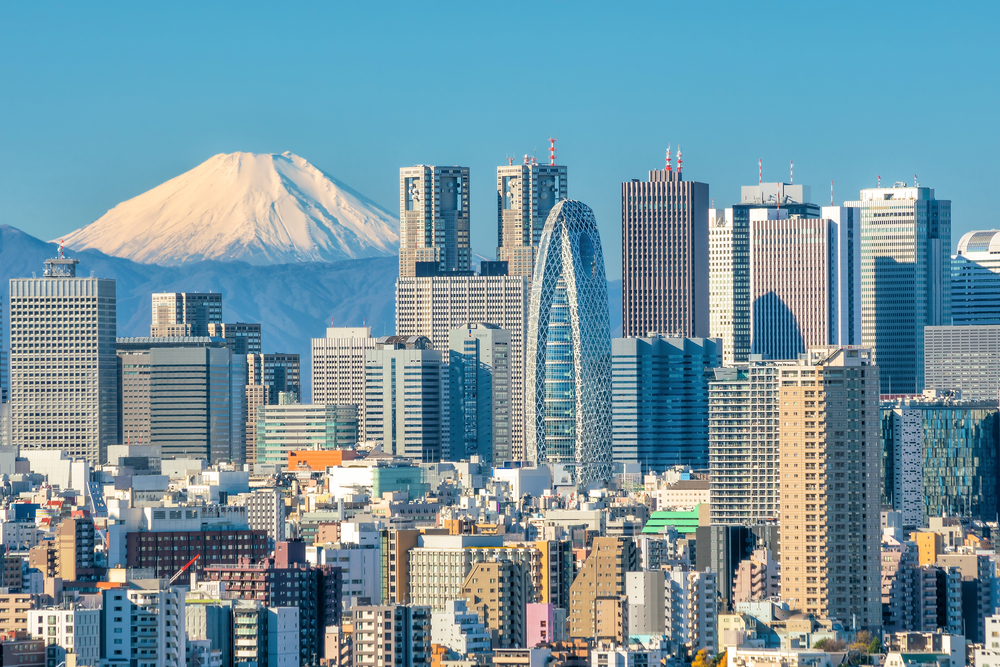
Japan is a peaceful powerhouse, resilient, advanced, and deeply disciplined. It operates under a pacifist constitution, and its infrastructure is built to survive earthquakes, typhoons, and yes, conflict. Though closely allied with the U.S., Japan avoids military aggression and pours energy into diplomacy and self-defense readiness. The Japan Times reports, “Japan continues to enhance its self-defense while keeping peace as its core policy.” Its proximity to China and Russia adds complexity, but internally, it’s among the world’s most stable societies. Japan offers quiet strength in a loud region, and that counts for a lot.
9. Costa Rica
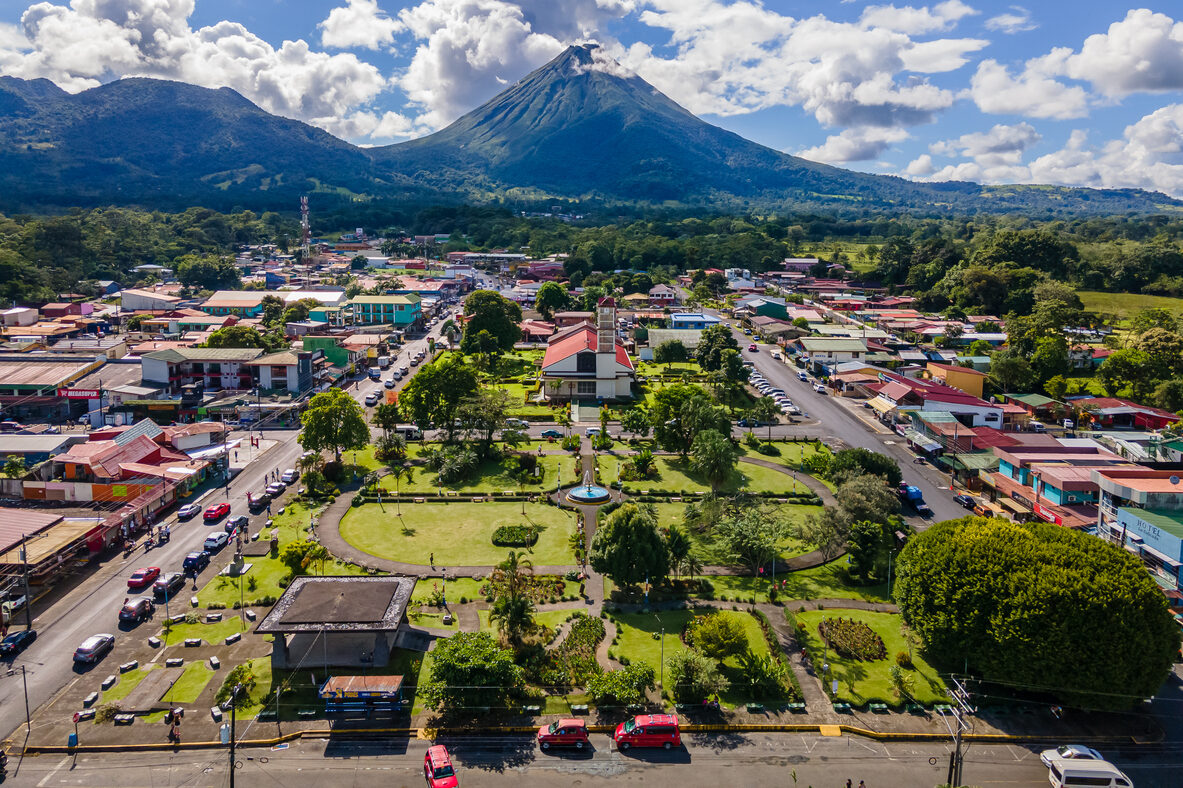
Costa Rica made a bold move in 1948 when it abolished its army. Instead of fighting wars, it’s invested in schools, hospitals, and environmental protection. The result is a stable, peaceful nation that consistently ranks high on the Global Peace Index. The country maintains a strong democracy and doesn’t involve itself in international military affairs. The Tico Times once wrote, “Peace isn’t just a principle in Costa Rica, it’s the plan.” Surrounded by ocean to the west and friendly neighbors, Costa Rica’s lack of military makes it an unlikely target in a war-torn world.
8. Australia
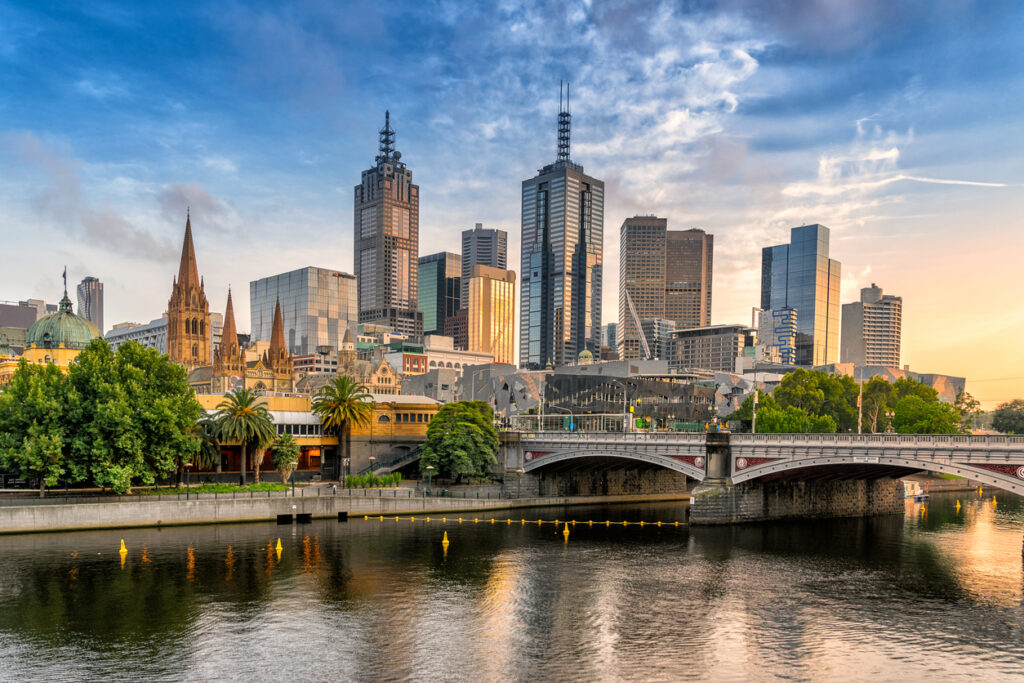
Australia is as far away from global hot spots as it gets. Surrounded by ocean and focused on internal stability, the country benefits from both strategic remoteness and a well-maintained defense structure. It’s an ally of the U.S., but rarely involved in high-risk military operations. The Conversation explained, “Australia’s geography is a natural defense shield.” Its cities are organized, its economy resilient, and its population generally calm under pressure. In emergencies, Australians rally quickly, whether for floods or fires. If distance, level-headedness, and civil readiness matter, then Australia is smartly prepared for whatever may come next.
7. Canada
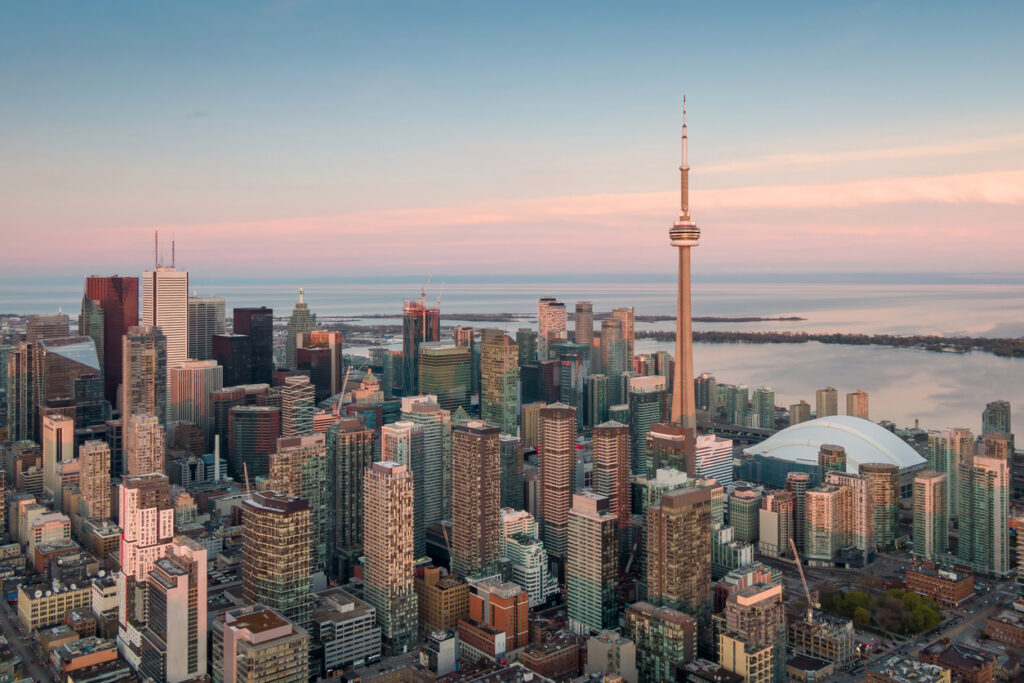
Canada is enormous, peaceful, and relatively removed from global power games. Although it’s a NATO member, it often plays a diplomatic role, focusing on humanitarian work and peacekeeping. The Globe and Mail emphasizes that “Canada’s foreign policy has traditionally leaned toward peacekeeping and diplomacy.” It shares a long border with the U.S., which could be risky, but its sheer size, internal stability, and modern infrastructure make it a safer option. Canadians are also known for their calm demeanor and social cooperation. If things heated up globally, Canada’s peaceful identity would help it remain steady and safe.
6. Finland
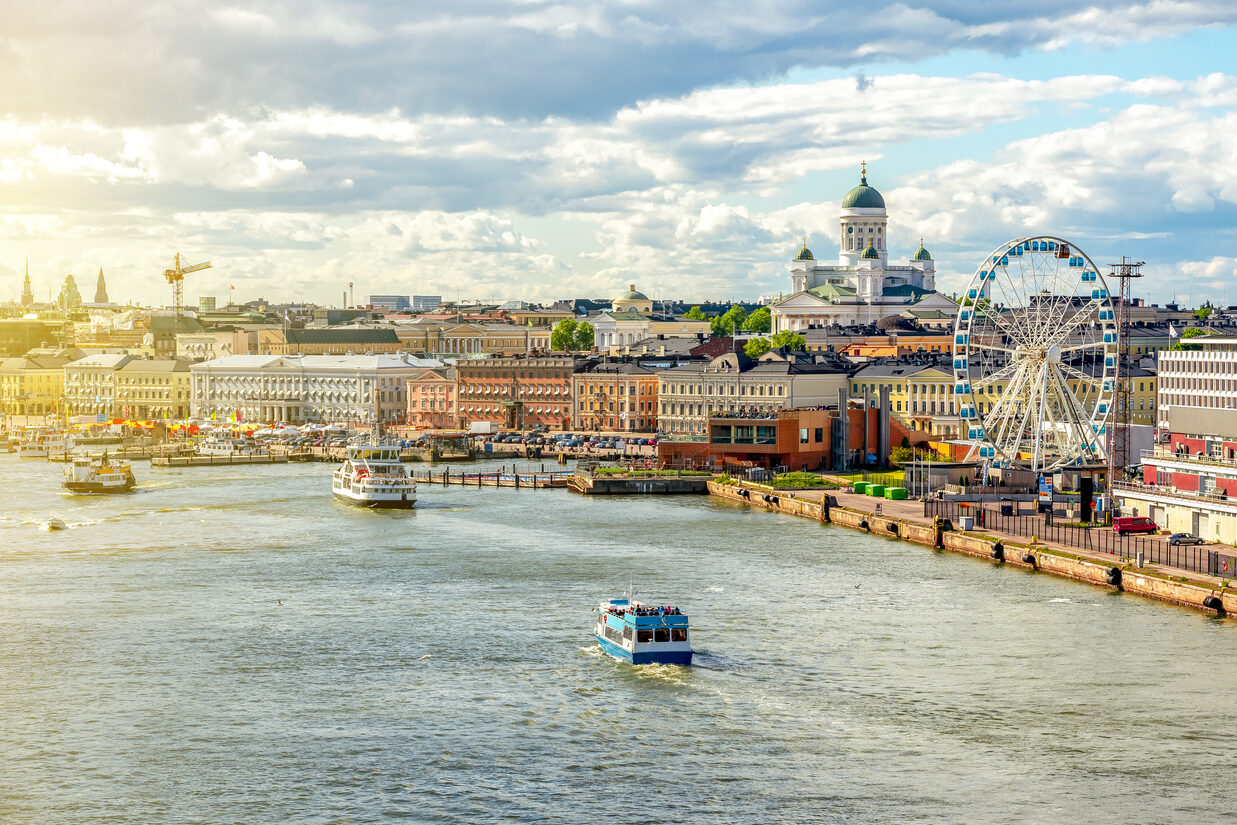
Finland is the quiet neighbor that doesn’t stir up trouble but stays ready for anything. Though it shares a long border with Russia, Finland has invested heavily in civil preparedness and military readiness. The country joined NATO in 2023 but maintains an independent defense approach. Reuters noted, “Finland has built its society around the idea of being ready for any crisis.” Citizens are trained, infrastructure is resilient, and trust in government remains high. Finland blends calm society with serious readiness. If global tension rises, this northern nation won’t panic. It will calmly do what it’s trained to do for decades.
5. Ireland
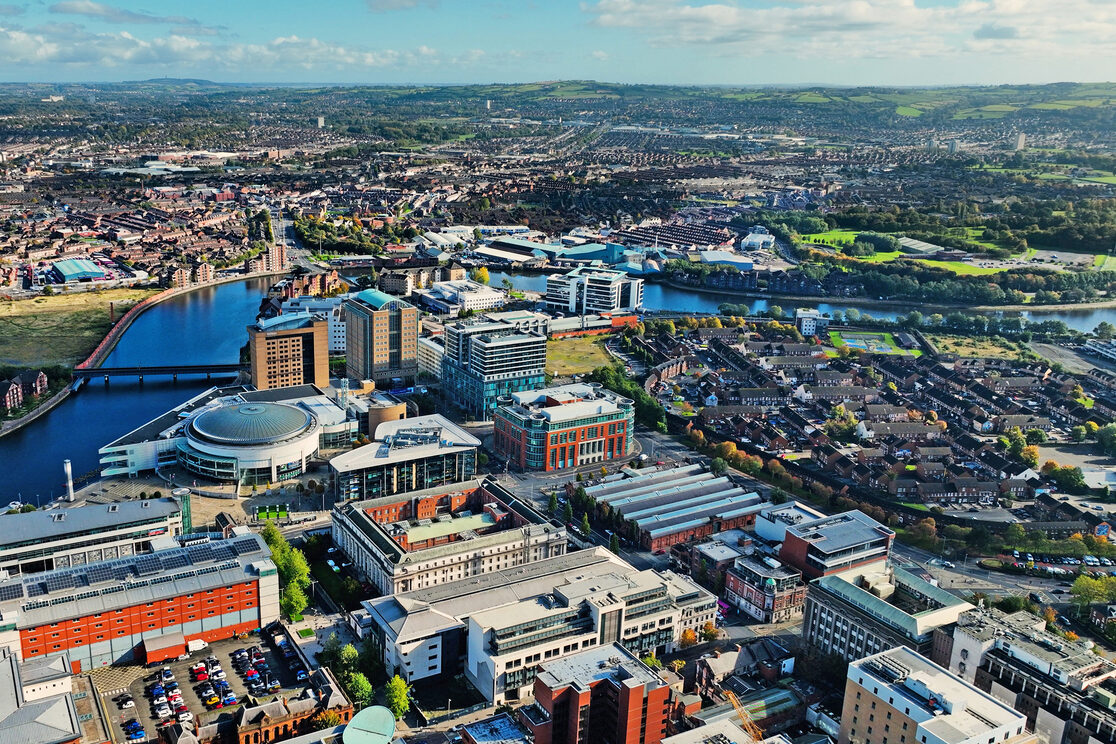
Ireland has long embraced a policy of military neutrality. Not part of NATO and relatively removed from European conflicts, the island nation focuses on peace, diplomacy, and humanitarian work. The Irish Times noted, “Military neutrality remains a core element of Irish foreign policy.” It isn’t entirely isolated but has little strategic interest for most powers. Ireland’s role in the world is more about culture and connection than confrontation. If world powers were to clash, Ireland’s distance, low profile, and neutral stance might just keep it safe. Sometimes, the best way to avoid conflict is simply to stay kind.
4. Bhutan
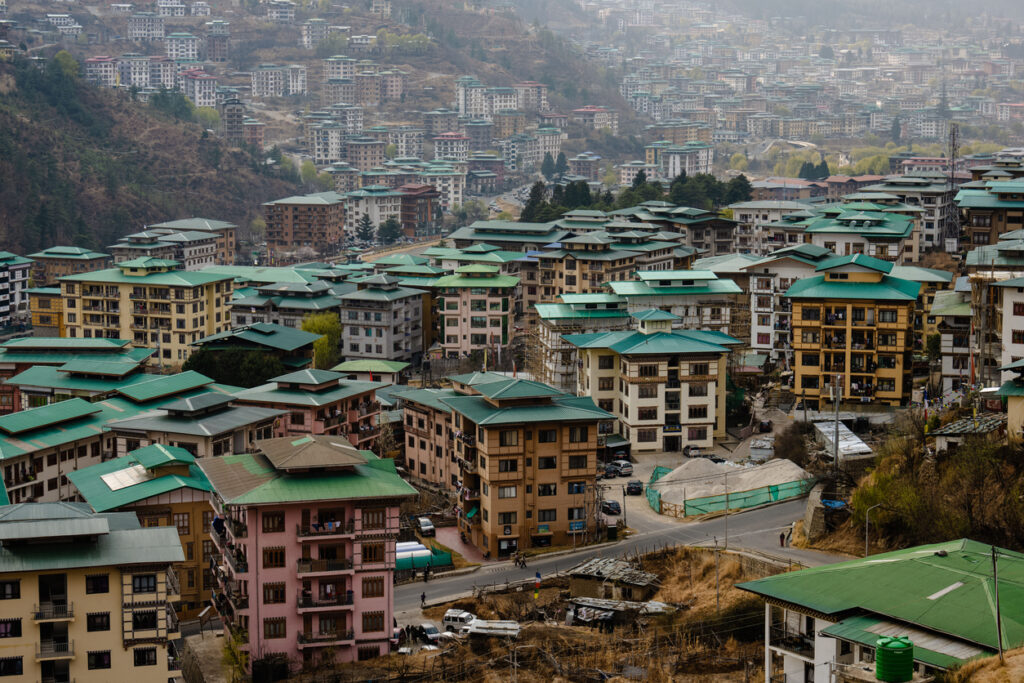
Bhutan is often described as the world’s happiest country and it shows. Sandwiched peacefully between India and China, the Himalayan kingdom avoids entanglement by maintaining a quiet, diplomatic profile. It measures success using Gross National Happiness, not military power. The Diplomat described Bhutan’s foreign policy as “cautious and conflict-averse.” The country doesn’t maintain a large military, and its Buddhist values emphasize harmony, reflection, and simplicity. Its geographic remoteness helps keep it off the radar during crises. While the world argues about power, Bhutan stays focused on peace and purposeful living.
3. Iceland
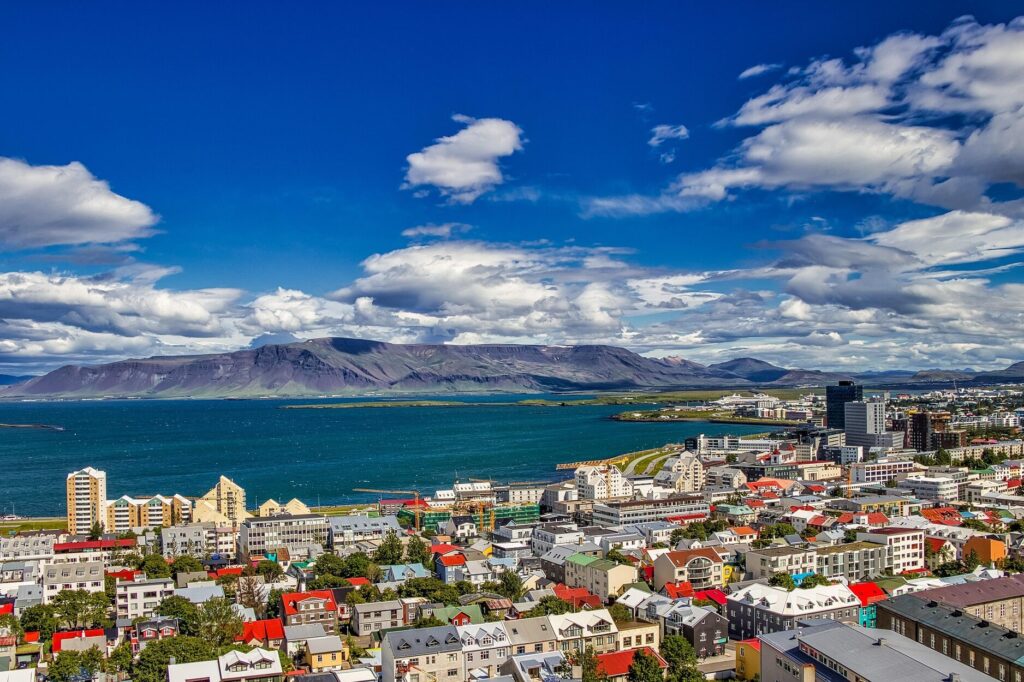
Iceland may be cold, but its peace rankings are hot. With no standing army and virtually no enemies, it’s repeatedly ranked number one on the Global Peace Index. Located in the North Atlantic, its isolation helps shield it from international disputes. National Geographic once wrote, “Iceland’s greatest strength is being too remote and too peaceful to bother with.” Its government remains stable, its people cohesive, and its land difficult to reach. Iceland is peaceful by design, not by chance. If a global conflict erupted, this icy island would likely stay quiet and carry on as usual.
2. New Zealand
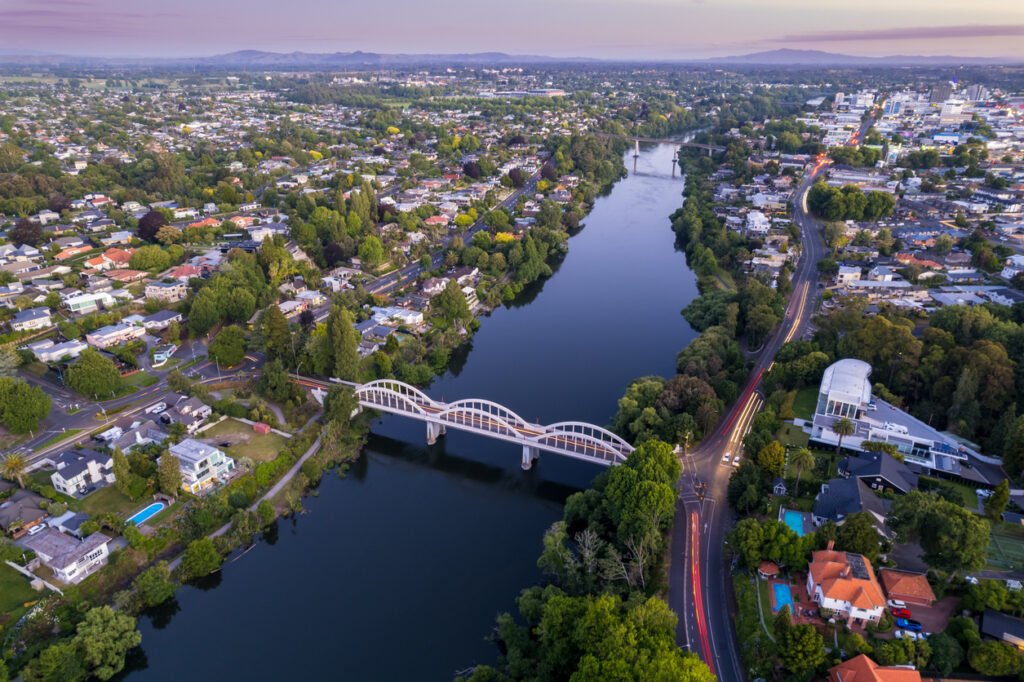
New Zealand is practically a safe-house at the edge of the Earth. Remote, friendly, and politically stable, it’s often seen as a model for modern peacekeeping. It ranks high in the Global Peace Index and has no major military alliances or enemies. The Guardian described it as “one of the world’s last frontiers of safety.” While it maintains a capable defense force, the country emphasizes diplomacy, sustainability, and social unity. Its island geography offers natural protection. If the world spun into crisis, New Zealand would likely remain grounded, green, and gracefully out of harm’s way.
1. Switzerland
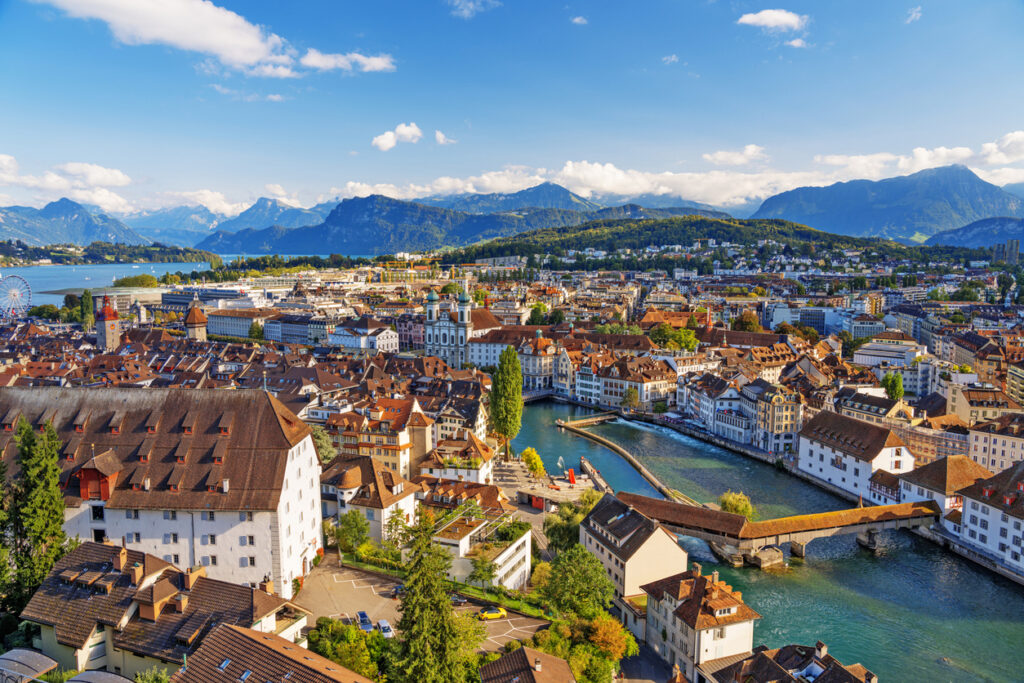
Switzerland is practically synonymous with safety. Neutral since 1815, it has one of the most sophisticated civil defense systems on Earth, including bomb shelters for almost every citizen. Nestled in the Alps, its geography adds protection, while its economy and political stance keep it out of foreign wars. Swissinfo reported, “Neutrality isn’t just history here, it’s an active strategy.” The country doesn’t pick sides, but it quietly prepares for every possibility. Its peaceful diplomacy, wealth, and national unity place it at the top of nearly every expert’s safety list in uncertain times.
This story 10 Countries Experts Say Are the Safest if World War III Breaks Out was first published on Daily FETCH


